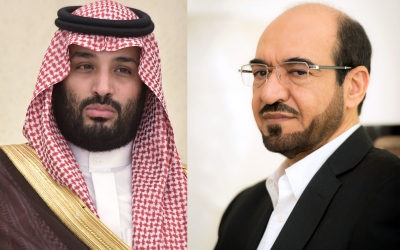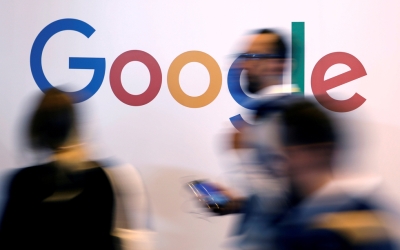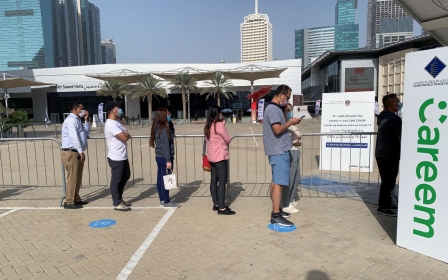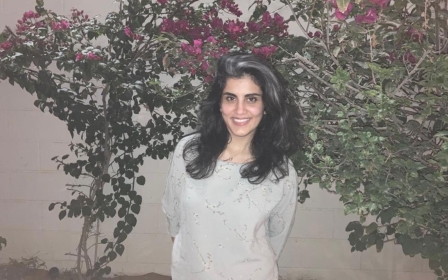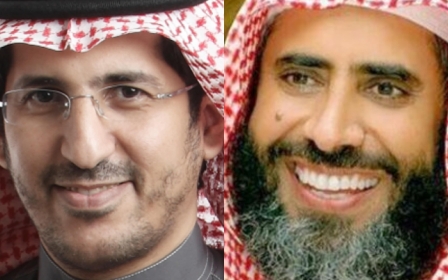Saudi dissident files lawsuit against McKinsey for outing him as MBS opponent
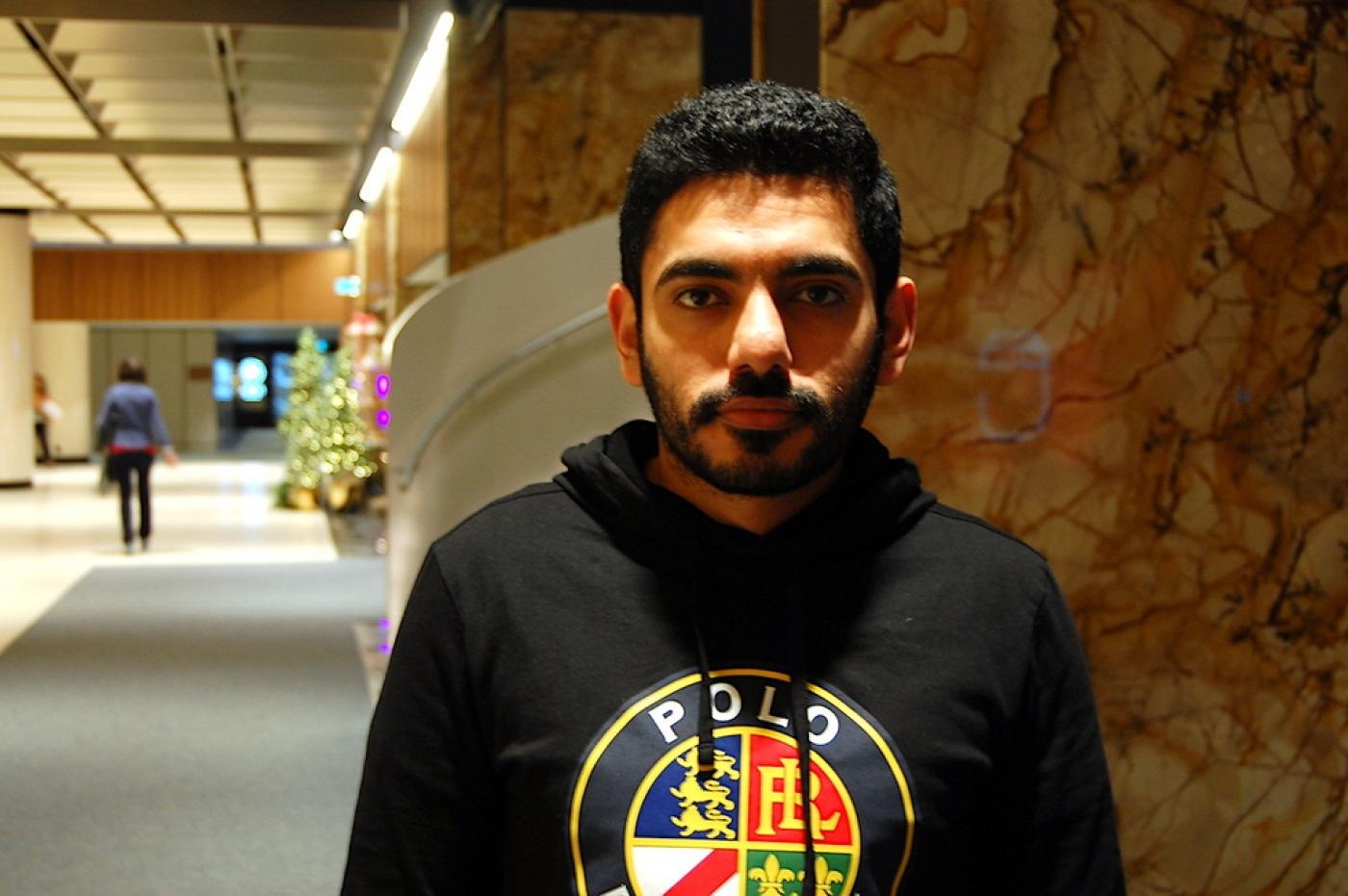
Saudi dissident Omar Abdulaziz has filed a lawsuit against McKinsey & Company, alleging that the consulting firm reported on him to Saudi Crown Prince Mohammed bin Salman, resulting in a number of attempts by Saudi officials to forcibly repatriate, threaten and assassinate him.
In the lawsuit filed in the New York Supreme Court earlier this week, Abdulaziz says McKinsey created a report in 2016 that singled out three critics of the kingdom and bin Salman who had large followings on social media.
Abdulaziz, who was granted asylum in Canada in 2013 and has been living there since, said of all three people mentioned in the McKinsey report he was the only one who hadn't yet been arrested or "disappeared".
The lawsuit contained parts of the consulting firm's report, formatted in a PowerPoint presentation, which characterises Abdulaziz as a "Saudi influencer with high following, mainly uses Twitter and Snapchat".
The lawsuit claims Abdulaziz was forced into hiding as a result of the report, and "had to move from hotel to hotel for four months to avoid being kidnapped or harmed".
"Plaintiff suffers and continues to suffer humiliation, stress, anxiety, loss of sleep, emotional distress, pain and suffering, mental anguish and loss of enjoyment," the lawsuit said.
"KSA, MBS and their agents continue to use the tactics described in this complaint to pressure Plaintiff to cease all of his political activities.
"Plaintiff's friends and family members have been arrested and tortured and remain in KSA prisons where they continue to be tortured."
Saudi security personnel have repeatedly tortured those close to Abdulaziz, the lawsuit says, including his brothers and friends - who have been waterboarded, subjected to electric shocks, and had teeth pulled out.
Amnesty International has previously reported on the use of torture by the Saudi government against political dissidents and activists.
McKinsey and Saudi Arabia
The McKinsey report first became public in October 2018 after it was reported by the New York Times. While McKinsey admitted it did create the report, it said there was no evidence to suggest that the report was "misused".
"We are horrified by the possibility, however remote, that [the McKinsey Report] could have been misused in any way," a spokesman for the company said, as quoted by the lawsuit.
"We have seen no evidence to suggest it was misused, but we are urgently investigating how and with whom the document was shared."
The lawsuit, however, claims McKinsey was aware that identifying any person deemed a major influencer and also as critical of the kingdom would "subject those identified to imprisonment, torture and even murder by KSA, MBS and their agents".
A McKinsey spokesperson told Newsweek in an email that "a prior complaint by Mr. Abdulaziz containing similar allegations was dismissed by a court in California. This latest claim is also meritless, and we will defend against it".
In October 2019, Abdulaziz filed a lawsuit against McKinsey and Twitter, with similar claims against the consulting firm in addition to accusations that the social media giant had breached its privacy policy.
One month later, the US charged two ex-Twitter employees with spying on behalf of Riyadh by accessing users' private information "en masse", in violation of Twitter's rules. One of the users whose data was breached appeared to be Abdulaziz.
Abdulaziz removed McKinsey as a defendant to the case in December 2019. He said on Twitter on Thursday that contrary to McKinsey's claims, the consulting firm had been removed as a defendant so he could file this separate lawsuit against them in New York.
In a lawsuit filed in Tel Aviv last year, Abdulaziz argued that Saudi spies used the Israeli surveillance technology Pegasus to read his conversations with Jamal Khashoggi, a Middle East Eye columnist who was later murdered in the Saudi consulate in Istanbul.
According to the documentary "The Dissident", Abdulaziz and Khashoggi had exchanged several messages in the months before he died.
Described by Forbes magazine as the "world's most invasive mobile spy kit", Pegasus takes charge of the user's phone without their knowledge, copies data and turns on the microphone for surveillance.
A 2018 report by Citizen Lab, a research group at the University of Toronto, said the NSO Group, the creators of Pegasus, had licensed the software to dozens of governments with a history of abusing surveillance technology, including Saudi Arabia, Bahrain, the United Arab Emirates, Kazakhstan, Mexico and Morocco.
Middle East Eye propose une couverture et une analyse indépendantes et incomparables du Moyen-Orient, de l’Afrique du Nord et d’autres régions du monde. Pour en savoir plus sur la reprise de ce contenu et les frais qui s’appliquent, veuillez remplir ce formulaire [en anglais]. Pour en savoir plus sur MEE, cliquez ici [en anglais].


